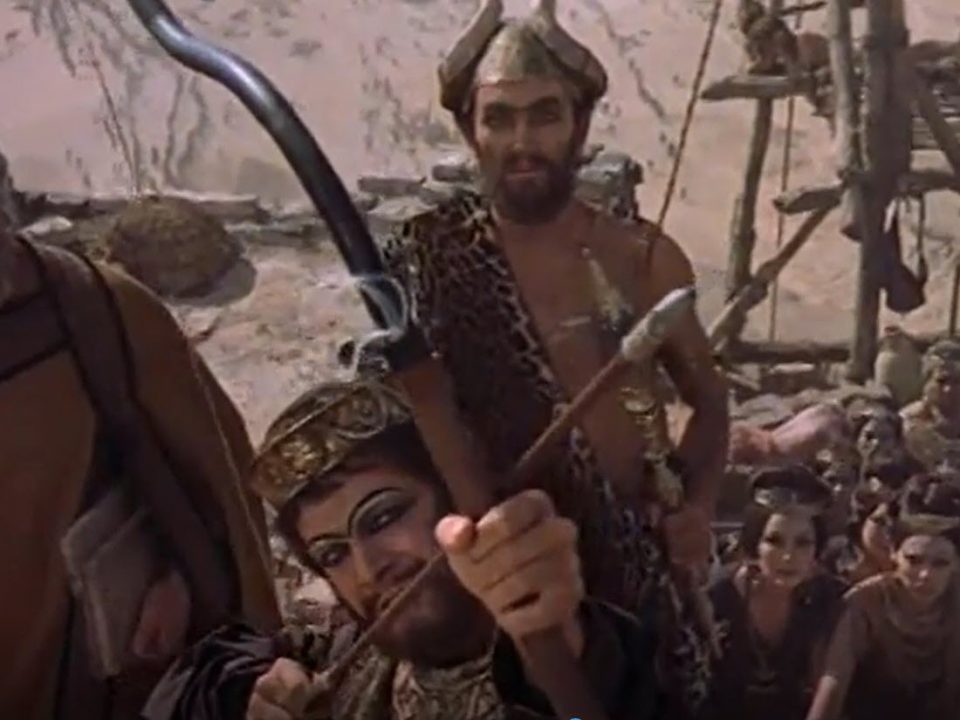Bitcoins, Money, and Digital Savings Accounts
Bitcoins, Money, and Digital Savings Accounts
 You may have heard of bitcoins, a digital currency that is being used by various individuals to purchase items on the Internet. There are a lot of people who think that the adoption and use of bitcoins is a solution to some of the problems caused by the runaway creation of money by various governments throughout the world. I have my doubts about the viability of this so-called new form of money. Here’s how Wikipedia describes Bitcoin:
You may have heard of bitcoins, a digital currency that is being used by various individuals to purchase items on the Internet. There are a lot of people who think that the adoption and use of bitcoins is a solution to some of the problems caused by the runaway creation of money by various governments throughout the world. I have my doubts about the viability of this so-called new form of money. Here’s how Wikipedia describes Bitcoin:
Bitcoin is a peer-to-peer payment system and digital currency introduced as open-source software in 2009 by pseudonymous developer Satoshi Nakamoto. It is a cryptocurrency, so-called because it uses cryptography to control the creation and transfer of money. Users send payments by broadcasting digitally signed messages to the network. Participants known as miners verify and timestamp transactions into a shared public database called the block chain, for which they are rewarded with transaction fees and newly minted bitcoins. Conventionally “Bitcoin” capitalized refers to the technology and network whereas “bitcoins” lowercase refers to the currency itself. Bitcoins can be obtained by mining or in exchange for products, services, or other currencies.
Now that you’ve read the definition of what a bitcoin is, do you think you would be able to explain what it is to another person?
Until a couple of months ago, the U.S. government was against the use of bitcoins as a valid currency; however, in November 2013, U.S. authorities endorsed the use of bitcoins as currency by calling them “legitimate.”
In our modern age, an endorsement of a new outside currency by a government can only mean one thing — that the government has figured out a way to manipulate the new currency.
Like all other currencies that exist in the world today, bitcoins are not backed up by anything of value, such as gold, silver, or any other tangible asset. A bitcoin is simply an electronic blip that no one can see or trace.
But it’s not just bitcoins that are electronic blips. Anytime we deposit money into our bank account or invest in a pension or 401(k), we end up with a pile of electronic blips that are stored on some unknown computer.
A majority of employees no longer see a paycheck. At the end of each pay period, their wages are automatically deposited into their bank accounts. When they go shopping, they swipe their debit cards at the checkout counter and an electronic message is sent to their bank account to transfer electronic blips from their bank account to the store account.
When I file a bankruptcy for a client, I am required to disclose all the client’s assets, including how much cash the client has on hand. Only two out of ten of my bankruptcy clients carry any cash. All the others use a debit or credit card for their transactions.
This trend is not just limited to people who file bankruptcy. Ask any person under the age of 40 how much cash he or she has on hand and the answer will most likely be “none.” If the person does have cash, it’s usually less than five dollars.
At the age of 56, I guess I really am an old timer. I don’t like the idea of my life savings being stored on some unknown computer in the form of electronic blips. I want to be able to see and touch my hard-earned money.
In October 2013, there was a computer glitch at Xerox Corporation, the company that handles the electronic money system for food stamp benefits in 17 states. The glitch caused the shutdown of the payment system in those states, and food stamp recipients were prohibited from using their debit-style cards to make purchases.
Within hours of the glitch, recipients posted complaints and threats on social media websites. Xerox acted quickly and was able to correct the problem within a day.
What would have happened if the system had been down for three days? Or a week?
What would happen today if the entire electronic banking system in this country went haywire and no one was able to access their electronic blips?
Last week, it was reported that the person who was responsible for hacking into Target’s credit card database (in December) was a 17-year-old boy from Russia. Call me paranoid, but if some punk in Russia can bring Target to its knees, what can an organized and sophisticated group of government officials or criminals do to the U.S. banking system?
Most people adopt a cavalier attitude about the vulnerabilities of our digital banking and investment system. They think, If the system goes down, we’ll all be in the same boat. There’s really not much I can do about it, so I’ll just hope for the best.
I don’t agree with that attitude. There are things we can do to protect ourselves from the very real likelihood of significant problems or losses.
I’ll cover one of the things we can do to protect ourselves next week.




1 Comment
DEAR HARRY AND GEORGETTE –
YOUR ARTICLE MAKES ME A THOUSAND TIMES GRATEFUL THAT I AM WHERE I AM, AND AT THE AGE I AM!! I CAN ONLY DOUBLE MY PRAYERS FOR YOU AND ALL WHO NEED TO HANDLE TODAY’S ECONOMICS.
I LOVE YOU! SISTER ROBERTA